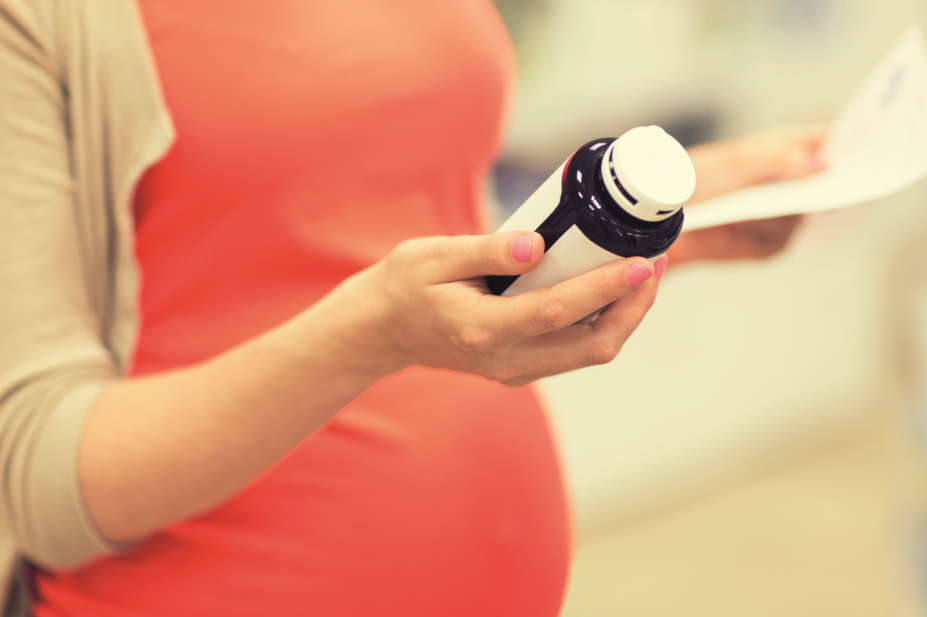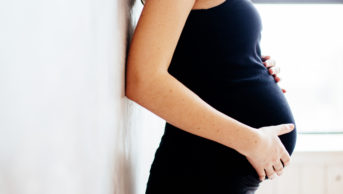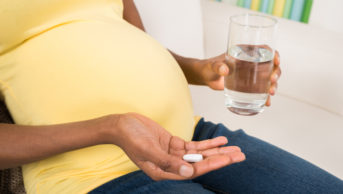
Shutterstock.com
There is conflicting evidence and guidance as to whether all women should routinely take vitamin D supplements during pregnancy.
In a paper in the BMJ (29 November 2017), researchers performed a systematic review and meta-analysis on data from 43 trials including a total of 8,406 participants to assess the impact of prenatal vitamin D supplementation on maternal, neonatal and infant outcomes[1]
.
They found that prenatal vitamin D was associated with increased maternal and cord serum vitamin D concentrations, as well as positive neonatal outcomes, such as increased mean birth weight and reduced risk of small-for-gestational-age births.
However, there was a lack of clear evidence from the available trials on the benefits of supplementation on maternal health outcomes, preterm birth or on safety outcomes. Furthermore, many of the trials were small and at high risk of bias.
The team concluded that the current evidence base is insufficient to make recommendations on prenatal vitamin D supplementation.
References
[1] Roth D, Leung M, Mesfin E et al. Vitamin D supplementation during pregnancy: state of the evidence from a systematic review of randomised trials. BMJ 2017;359:j5237. doi: 10.1136/bmj.j5237


